Hair Vitamins: How to Choose the Right One for Strong Hair from Root to Tip

What Are Hair Vitamins and Are They Really Necessary?
Hair vitamins are nutrients essential for healthy hair. They help make your hair strong, thick, shiny, and reduce various hair problems like hair loss, thinning, dryness, or breakage. Our bodies need a wide range of nutrients to maintain overall health—including the health of the scalp and hair.
Many people believe that using just shampoo or conditioner is enough for hair care. But in truth, your hair needs care on a cellular level. Hair vitamins help fill nutritional gaps or provide extra support that the body may lack, making hair stronger.
Hair vitamins come in both oral and topical forms—such as serums, nourishing oils, or sprays. Their goal is to repair hair damage and stimulate the growth of new, stronger hair.
Scientific studies show that certain vitamins like B7 (Biotin), Vitamin E, Vitamin C, Zinc, and Iron play key roles in hair growth and can significantly help reduce chronic hair loss caused by nutrient deficiencies.
Using hair vitamins isn’t just a trend—it’s a holistic approach to hair care, especially in today’s world where pollution, stress, and frequent chemical treatments are more common than ever.
What Hair Problems Can Benefit from Hair Vitamins?
Hair vitamins are suitable for people experiencing hair and scalp issues, which can result from various factors like hormones, nutritional deficiencies, genetics, pollution, or poor hair care habits. Common problems that may benefit from vitamins include:
1. Hair Loss and Thinning
● Often caused by a lack of B vitamins, biotin, iron, or zinc.
● B vitamins nourish hair roots and stimulate new hair growth.
2. Dry and Damaged Hair from Heat or Chemicals
● Frequent coloring, perming, straightening, or blow-drying strips hair of its natural keratin and oils.
● Vitamin E and natural proteins help restore damaged hair structure.
3. Dry Scalp, Dandruff, Itchiness
● Caused by imbalanced scalp moisture or inflammation.
● Vitamins A and E help maintain oil balance and soothe the scalp.
4. Oily Hair
● Often related to hormones or genetics causing excess oil production.
● Vitamin B6 and Zinc help regulate oil production.
5. Weak Hair, Split Ends, Easy Breakage
● Often due to lack of protein, Vitamin C, or Biotin.
● Supplementing these nutrients improves hair strength and elasticity.
Key Types of Hair Vitamins You Should Know Before Choosing
Vitamin A
Helps produce natural scalp oils to retain moisture. Deficiency can cause dryness and dandruff.
Vitamin B Complex
● B7 (Biotin): Supports hair growth and helps prevent hair loss.
● B3 (Niacin): Enhances blood flow to the scalp.
● B5 (Pantothenic Acid): Repairs damaged hair and prevents premature graying.
Vitamin C
An antioxidant that protects hair from damage caused by sun and pollution. It also helps the body absorb iron, which is essential for hair growth.
Vitamin D
Involved in the creation of new hair follicles. Deficiency can lead to follicle shrinkage and hair loss.
Vitamin E
Promotes blood circulation in the scalp, boosts oxygen supply to hair roots, and restores dry and damaged hair.
Iron
Essential for red blood cell production, which delivers oxygen to hair follicles. Iron deficiency can lead to severe hair loss.
Zinc
Plays a role in tissue repair and oil gland regulation in hair follicles. Zinc deficiency may cause hair loss.
Omega-3
Moisturizes the scalp and reduces inflammation.
How to Choose the Right Hair Vitamin for You
1. Evaluate Your Hair Condition
Look for signs like how much hair you're losing, whether your scalp is oily or dry, and if your hair has been chemically treated.
2. Read the Label and Ingredients
Choose products that clearly state whether they help with hair loss, dryness, or growth. Check for the nutrients you need.
3. Choose a Formula That Fits Your Lifestyle
● If you're short on time: Capsules or sprays might be more convenient.
● If you prefer targeted care: Go for serums or oils.
4. Pick a Trusted Brand
Look for FDA approvals (or relevant local certifications) and genuine user reviews.
5. Consult a Doctor for Severe Symptoms
If you're experiencing abnormal hair loss, consider checking for internal causes like anemia or hormonal imbalances.
Extra Tips on Choosing the Right Product
● Consider your hair type (oily, dry, color-treated, permed).
● Focus on your main hair concerns.
● Match the product with your budget and how soon you want to see results.
● Look for reputable brands and read user reviews.
● Don’t hesitate to consult a specialist if you're dealing with serious hair issues.
● American Academy of Dermatology Association. (2023). Hair loss: Who gets and causes.
● Harvard Health Publishing. (2022). Vitamins and hair growth: What’s the connection?
● Mayo Clinic. (2022). Biotin and hair health.
● WebMD. (2023). Top vitamins and minerals for healthy hair.
● Journal of Cosmetic Dermatology. (2021). The role of micronutrients in hair growth.

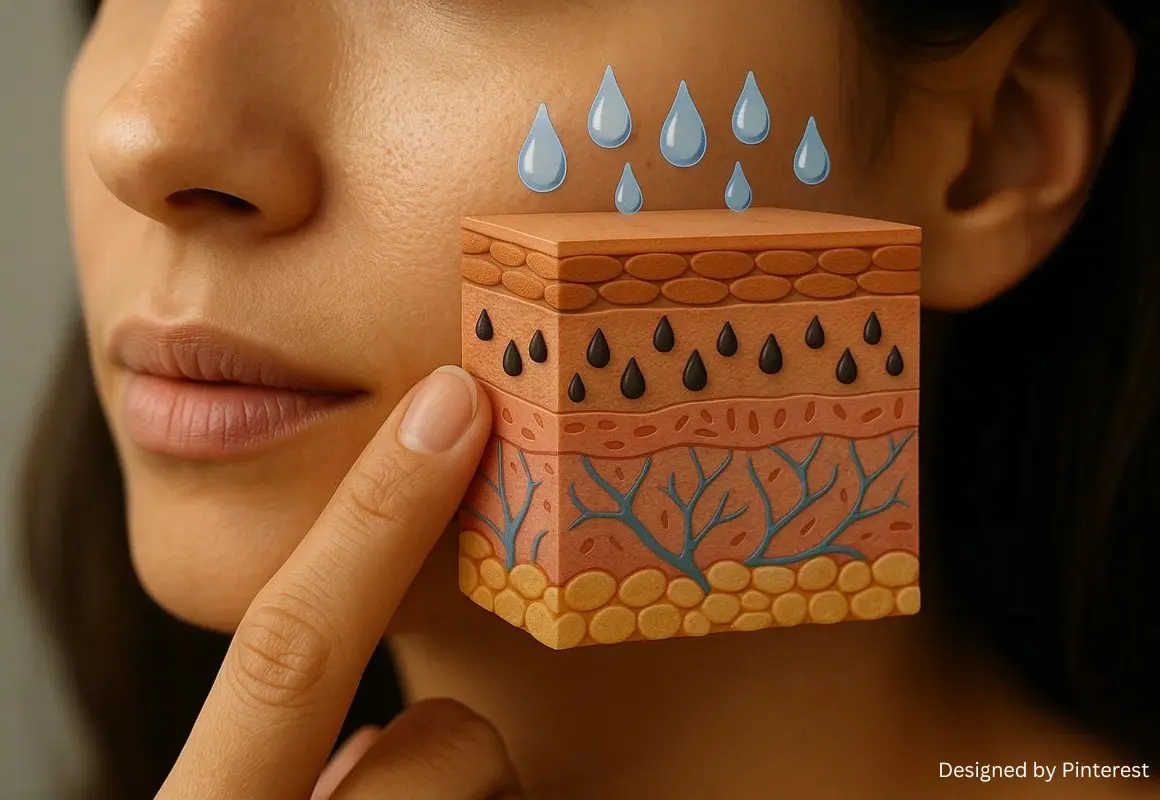
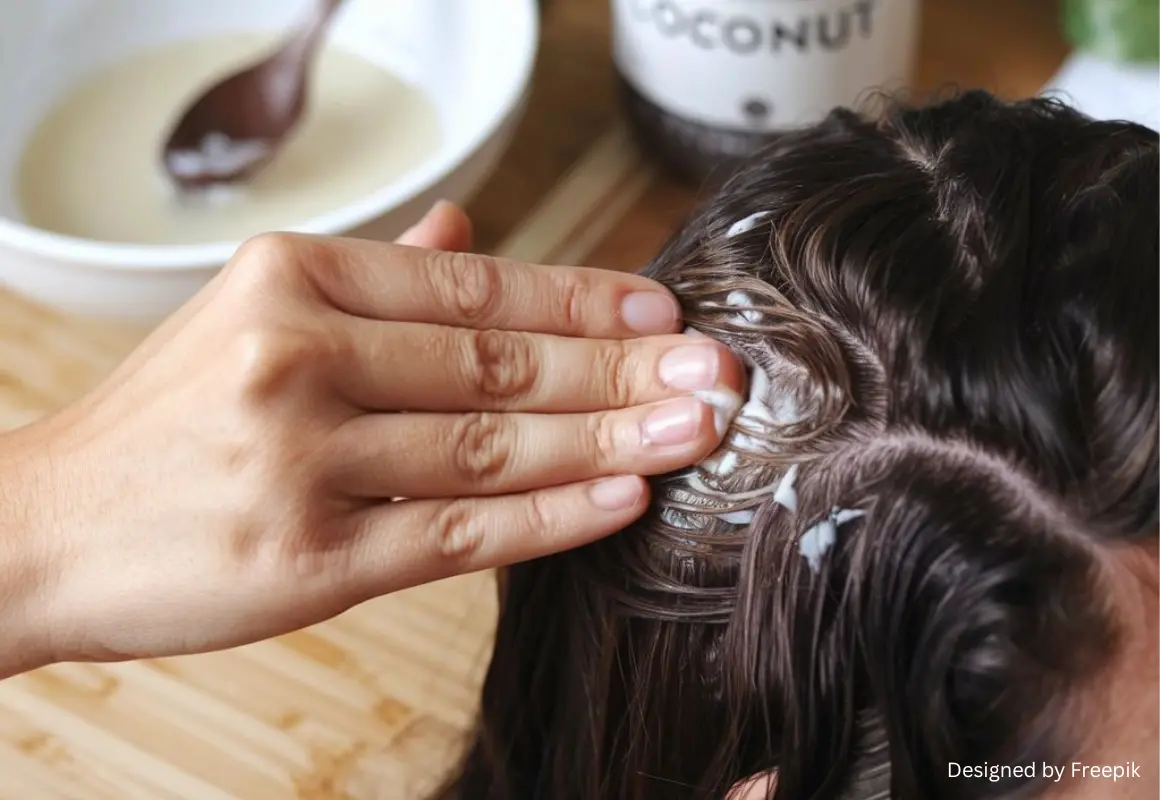
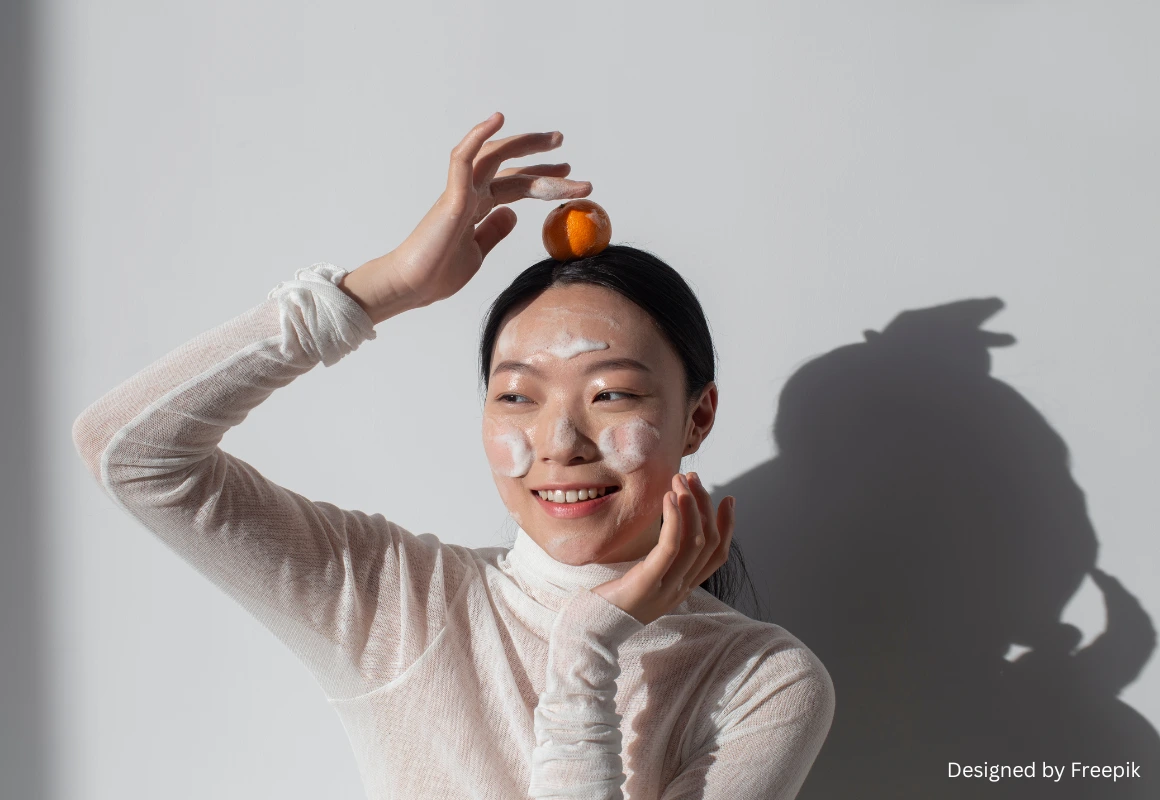
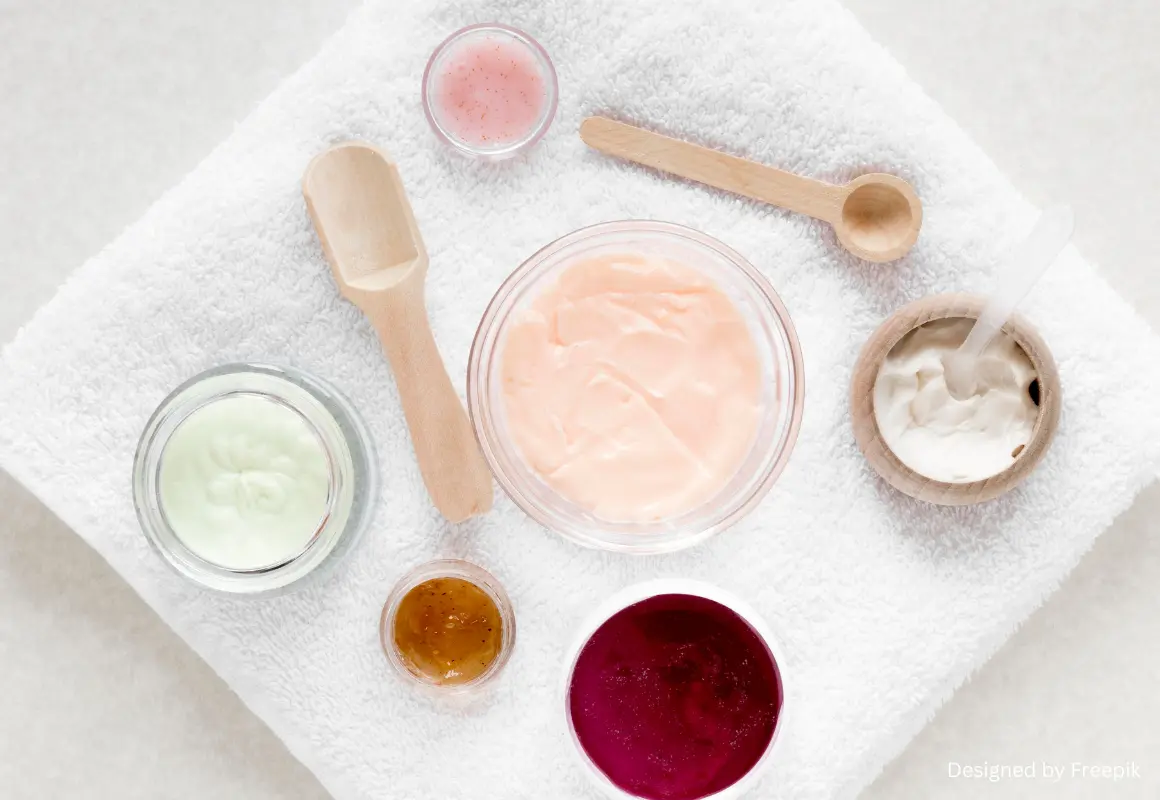

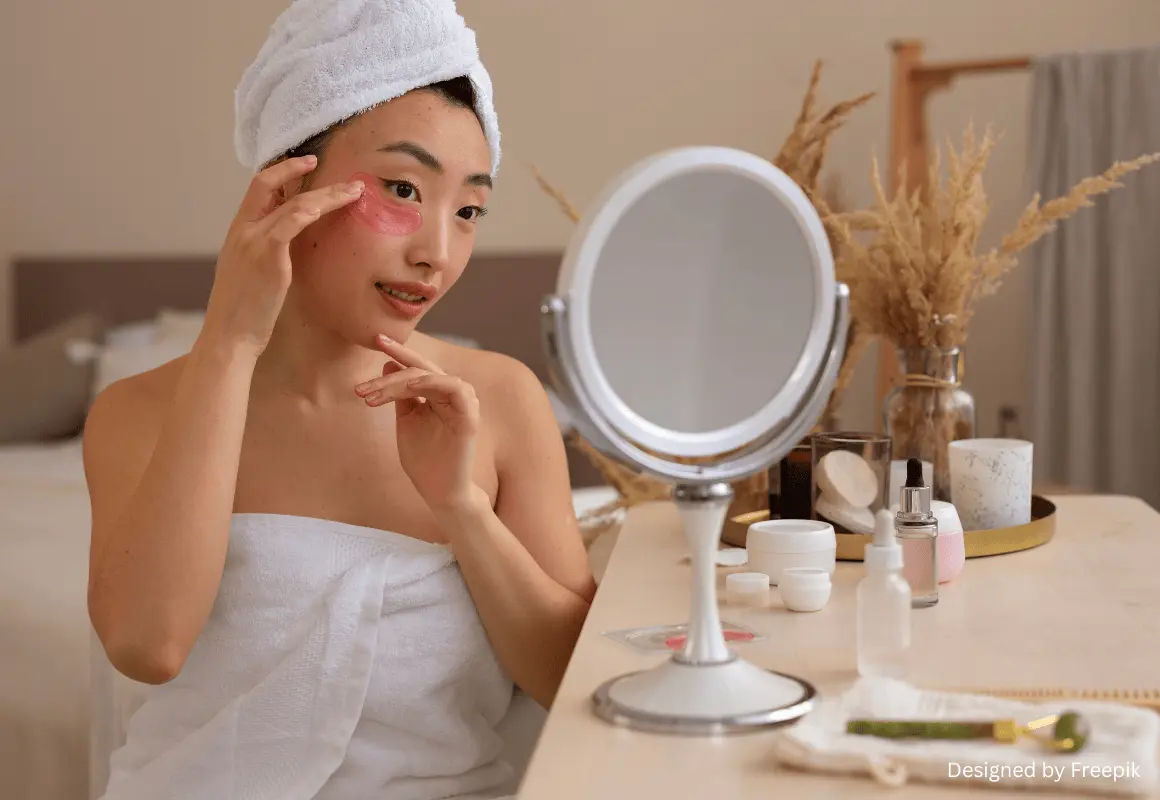

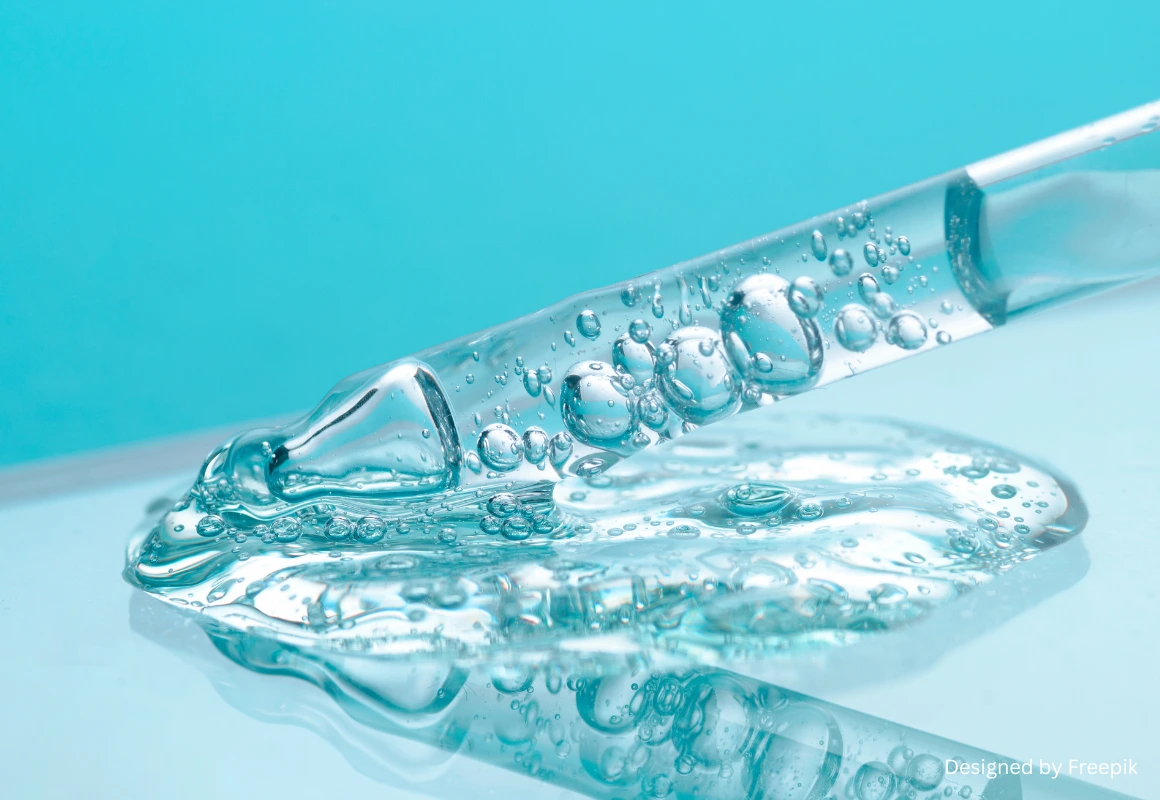
.webp)